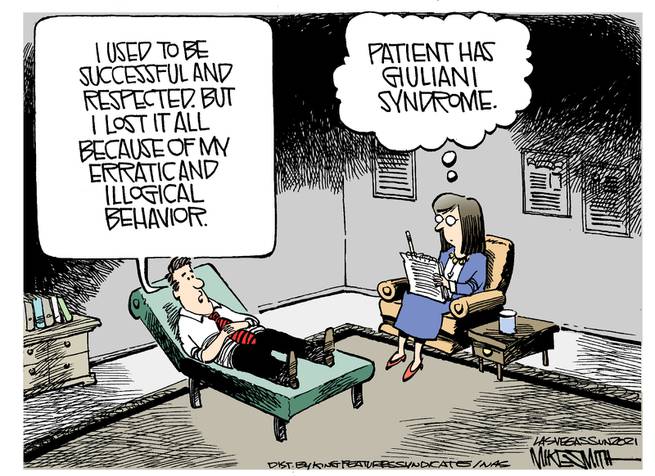Hypocrisy Watch category archive
Courting Disaster 0
At Above the Law, Elizabeth Dye minces no words.
History Bluff 0
At the Idaho State Journal, Jesse Robison comments on America’s stubborn refusal to face its own history. A snippet:
Many Americans are stretched thin, and people aren’t doing their homework in the United States when it comes to analyzing and understanding issues. Numerous political jurisdictions in America are also trying to control and/or revise the direction of our history through legislation.
Read the rest.
The History Buff 0

Elsewhere, coincidental but relevant, Betsy Biesenbach reflects on what I can only call “selective historiography,” and Tony Norman delivers a case study.
Image via Juanita Jean.
Have Cake, Eat It Too 0
At Psychology Today Blogs, David Kyle Johnson explores the hypocrisy and fallacy of anti-vaxxers “my body, my choice” sloganeering. A snippet (emphasis added):
Freedom of Screech 0
Elizabeth Dye points out that someone’s having been a Harvard Law School Professor doesn’t necessarily mean that he understands the law.
Vaccine Nation, “Words Mean What I Want Them To Mean” Dept. 0
The writer of a letter to the editor of the Las Vegas Sun highlights the hypocrisy.
Facebook Frolics 0
Says the frolicker: My posts “do not reflect who I am today, what I stand for or how I will conduct myself as St. Petersburg’s next mayor.”
The Snaring Economy 0
The EFF explains how Doordash dashed its “independent contractors’ wage slaves’ hopes of equitable remuneration by keeping them from knowing what their tips would be. A nugget:
But what’s good for Dashers wasn’t good for Doordash: the company wants to fulfill orders, even if doing so means that a driver spends more on gas than they make in commissions. Hiding tip amounts from drivers allowed the company to keep drivers in the dark about which runs they should make and which ones they should decline.
That’s why Doordash changed its data-model to prevent Para from showing drivers tips. And rather than come clean about its goal of keeping drivers from knowing how much they would be paid, it made deceptive “privacy and data security” claims.
Follow the link for an explanation as to how Doordash’s claims earned the label, deceptive.
(Broken link fixed.)
Who Funds the Voter Fraud Fraudsters? 0
Corporations who profess to protest the voter fraud fraud, among others.
The Whitewashing of American History 0
I’m a Southern boy.
I lived through my own whitewashing in my segregated school, where what I was taught about Virginia’s history was, shall we say, less than objective. Then I trained to be an historian . . . .
Hell, I was taught that 1619 was the “red letter year,” because it saw the arrival of a significant number of English women to satisfy the lust of the colonists (lust was not addressed in the third grade) (that part seems questionable, but that’s what I was taught when I was eight years old), the creation of the first representative organ of government in the English colony, and the first arrival of African slaves.
Yes, I was taught that the establishment of slavery was a good thing, a red letter thing.
I guess you can call that “uncritical race theory,” the sort of “race theory” that the Republican Party now advocates.
The Republican Party has become the party of racism.
All the News that Fits . . . 0
. . . and none that doesn’t.












